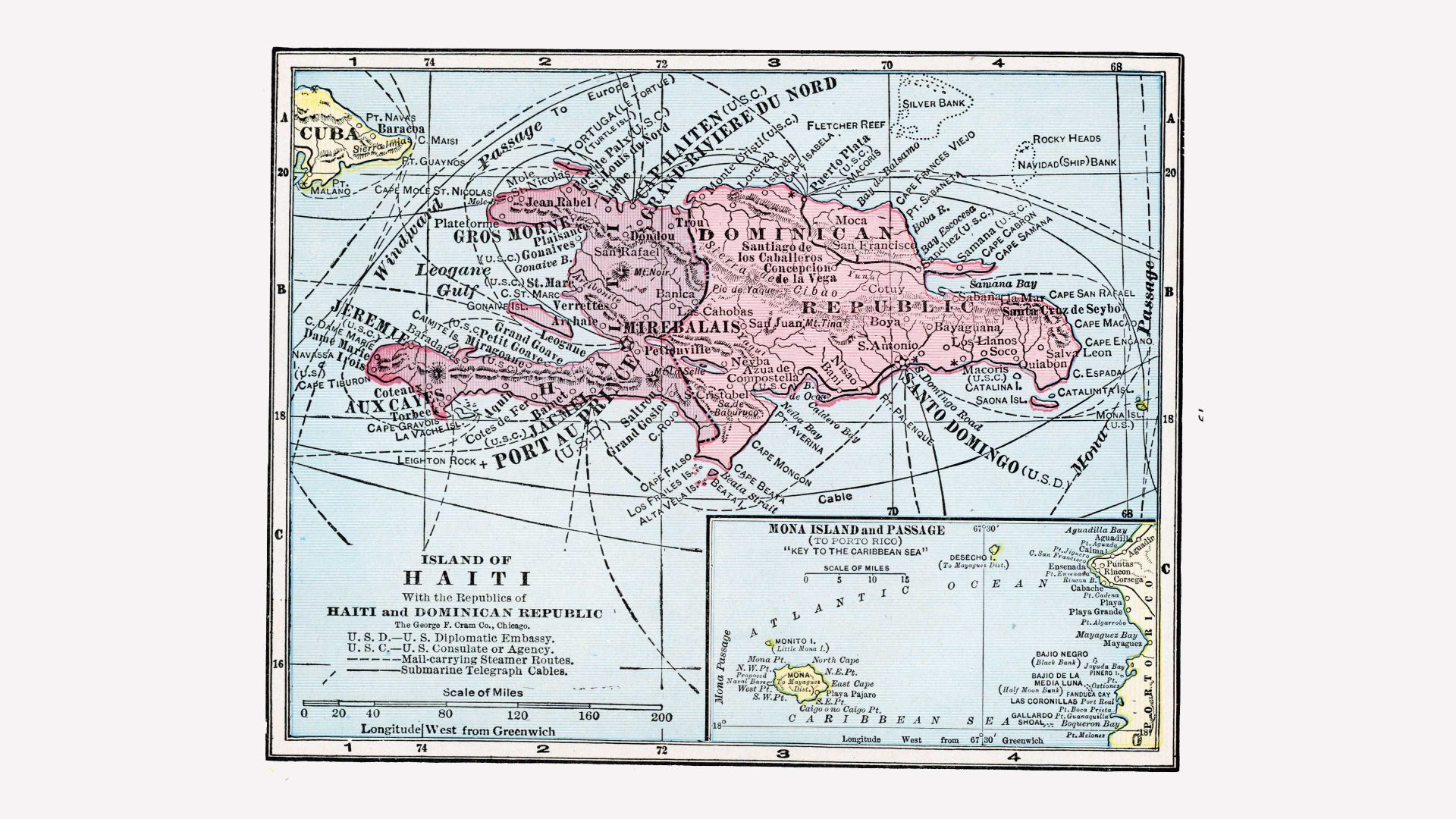The Americas today are inhabited mostly, though not exclusively, by speakers of non-indigenous languages. The most significant of the invasive languages came originally from Europe: English, French, Spanish, Portuguese and Dutch.
In and around the Caribbean, Dutch has official status in Suriname as well as in the Dutch Antilles – the islands of Aruba, Bonaire, Curaçao, Saba, Sint Eustatius and Sint Maarten. French is an official language in Guyane in South America; in Quebec and other areas of Canada; plus in the small French overseas island territory of St Pierre and Miquelon off the south coast of Newfoundland. Portuguese is the main language of Brazil, where it has about 215 million speakers. English predominates in the USA and most of Canada, and Spanish is the main language everywhere else.
A number of interesting things happen at the few linguistic boundaries between the various polities in the Americas where the different predominating European-origin languages meet. Bilingualism is one typical outcome. Rather less typically, on the Brazil-Uruguay border, where the two very closely related languages Portuguese and Spanish have come into contact with one another, mixtures of the two languages have developed. The Spanish-influenced varieties of Portuguese that are spoken along the frontier zone in Uruguay go by various local names, such as Fronteiriço, Riverense and Portunol.
But what has occurred on the divided Caribbean island of Hispaniola is rather more fraught. The central and eastern portion of the island constitutes the Spanish-speaking Dominican Republic, with its capital Santo Domingo, while the western end of Hispaniola is occupied by the Republic of Haiti, whose capital is Port-au-Prince.
There are two official languages in Haiti: French and Kreyòl (Haitian French Creole). Kreyòl is spoken natively by the vast majority – probably 90% – of the inhabitants, who are mostly descendants of Sub-Saharan African-origin slaves.
The Kreyòl language is derived mainly from French, though it is not readily mutually intelligible with it. It is a fascinating linguistic variety which emerged during the Atlantic slave trade in the 17th and 18th centuries as a result of communication between the French-speaking European settlers and enslaved Africans, who spoke a variety of African languages.
Although the vocabulary of Kreyòl is largely descended from 18th-century French, it has its own distinctive grammar, which is rather close to that of a number of West African Niger-Congo languages, such as Fongbe and Igbo, which are spoken in Nigeria and Benin as well as in Togo, Ghana and Gabon. Kreyòl has also absorbed words and other linguistic influences from Spanish, English, Portuguese, and the indigenous Amerindian Caribbean language Taino.
Along the 240-mile-long national border which crosses the island of Hispaniola from north to south, Dominican Spanish meets Haitian Kreyòl. These two languages are historically related, both ultimately being descended from Latin, but they are not at all mutually intelligible.
A major problem today for the Black Haitians who cross the border into the Dominican Republic – as very many of them attempt to do in order to find work, to seek healthcare including maternity services, or even just to go shopping – is that they mostly do not know any Spanish. The Dominicans provide very few translation or interpretation services for them, and it is very difficult for Haitians to learn Spanish, once there, since hardly any Spanish-language classes are provided for more long-term immigrants.
HAITI
We know very little of the indigenous language of the Taino, but one word we do know a little about is the name of the country at the western end of Hispaniola – Haiti. It is believed to come from the Taino word Ayiti which, perhaps, meant “high mountains”.




